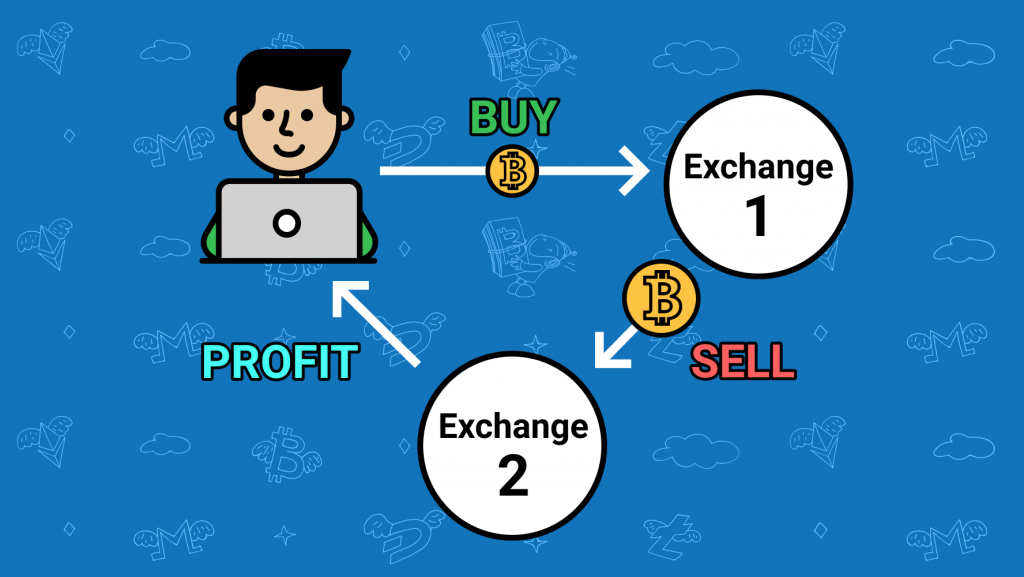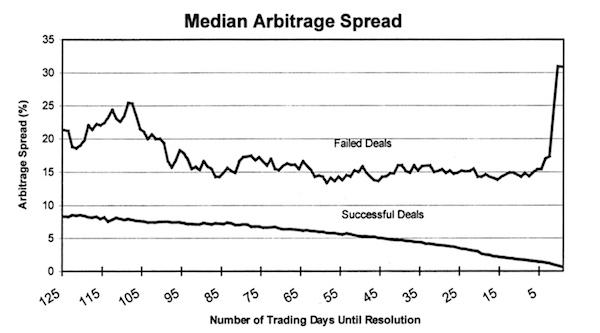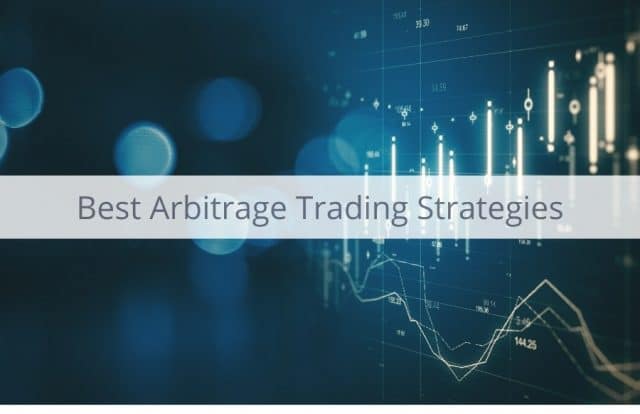Arbitrage trading is a trading strategy that sees traders or forex robots try to benefit from the price difference between two markets on a given security. The trading strategy works best in highly inefficient market systems, whereby there are two different prices for the same security.
Understanding Arbitrage Trading
In its purest form, arbitrage is the purchase of security manually or with the help of forex expert advisors in one market for immediate sale in another market. The purchase is carried out to benefit from the price difference between entry and exit points in two markets.
Traders rely on automated trading systems as well as algorithmic FX trading systems to identify market efficiencies and try to benefit from them through arbitrage. Computerized trading systems that enable automated trading systems have since cropped up to monitor market inefficiencies in the pricing of securities.
Upon the discovery of discrepancies in pricing in various markets, automated systems act upon the inefficiency through arbitrage trading. Conversely, arbitrage has emerged as a force to reckon with within the financial market.
For instance, if stock XYZ is trading at the NASDAQ Stock Exchange for $20 a share but also trading at the London Stock Exchange for $21, a trader can leverage arbitrage trading to benefit from the price difference. In this case, a trader would buy the stock at the New York Stock exchange for $20 and profit by selling it for $21 at the London Stock Exchange.
Similarly, it is common for traders as well as FX Expert Advisors analyzing prices in stock exchanges such as NYSE and futures contracts on the Chicago exchange to see if they are in sync or not. In cases where they are not, a trader or FX EA would look to short the more expensive of the two and buy the other in a bid to benefit from the price difference.
Arbitrage trading strategy works best on the violation of any the three conditions
- Security must trade at the same price on all markets
- Two securities must trade at the same price if they have identical cash flows
- Security in the future market must trade at a discounted price by the risk-free rate
How to Benefit From Risk Arbitrage Trading
Risk arbitrage trading is a popular trading strategy in times of takeovers involving publicly traded companies. Assume company ABC shares are trading at $30 a share in the market. Upon the close of the market, it emerges that company XYZ has placed a takeover bid that values ABC at $36 a share.

The offer, in this case, represents an 18% premium to company ABC closing price the previous day. The fact that there is always a risk of such a deal going through due to regulatory challenges, political issues as well as economic cycles many at times causes the price to hover close to the takeover price.
In this case, awaiting the closing of the takeover deal, ABC share price might hover around $33 to $35 price level. Besides, there is always a possibility of the price shooting up. A trader can use this market inefficiency in pricing to benefit from risk arbitrage trading.
In this case, a trader can open a trade at $33 a share. Should ABC share price shoot above $36 upon closing of the takeover deal, the trader would end up earning more than $3 in profit. The trader would also earn the $3 profit even on the share price tanking below the $33 level and the takeover bid going through.
Arbitrage trading risks
While arbitrage trading provides prospects of profiting, there is always a possibility of a trader incurring losses on the things not going as expected.
Tracking of mergers and acquisitions, as well as other corporate developments to benefit from arbitrage trading, is not easy. Similarly, traders can end up opening positions at advance and extreme levels to benefit from them, thus leaving little room for success.

Risk arbitrage trading also requires some level of expertise and experience as there is always a great risk of merger and acquisition deals collapsing. Similarly, a trader could end up losing out on a big premium on a deal collapsing. Whenever M&A deals, collapse price tends to revert to original levels, which could result in significant losses.
In some cases, acquirers or bidders over price when bidding to boost their share price in the long run. When an overpriced deal fails to go through, markets tend to cheer, consequently sending the bidder’s share price up.
Final Conclusion
Arbitrage trading is simply the buying of an asset in one market to profit from selling it in another market. The profit, in this case, is the difference in buying and selling price. The trading strategy is especially popular in the world of mergers and acquisitions.




